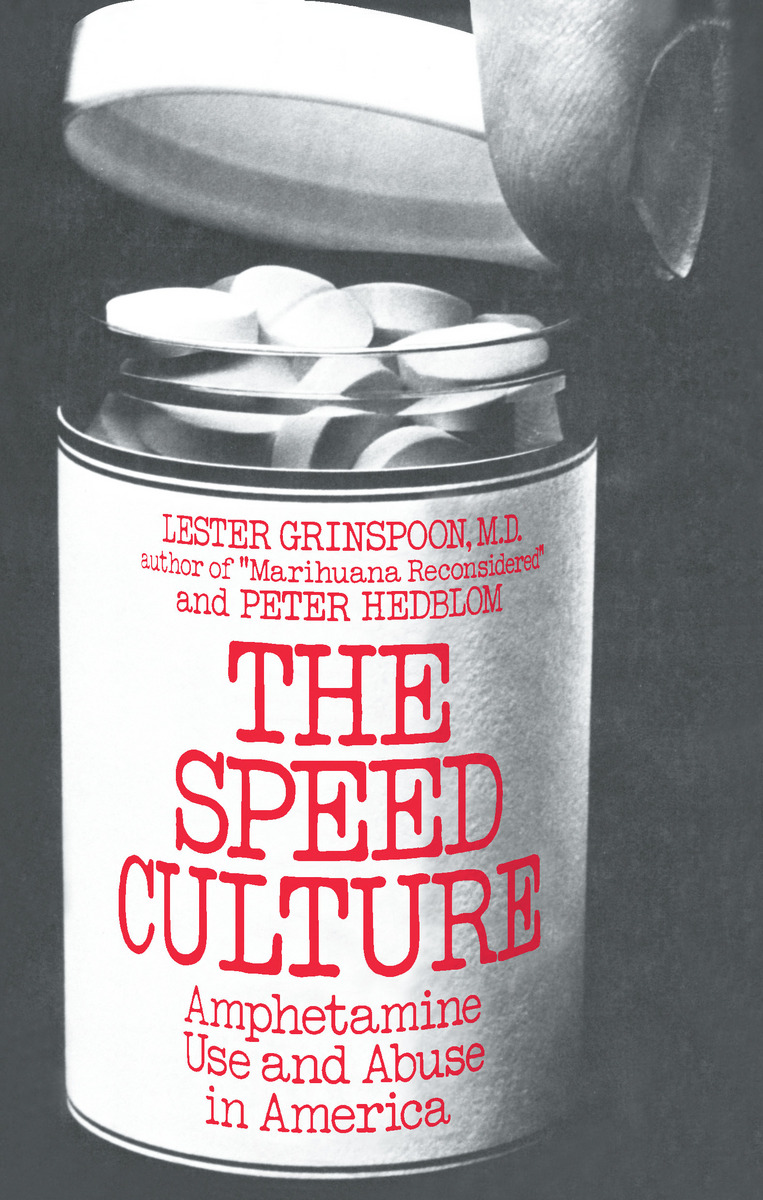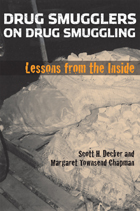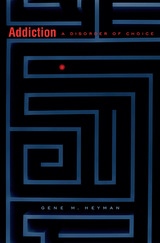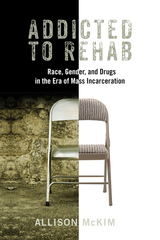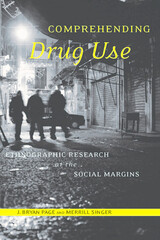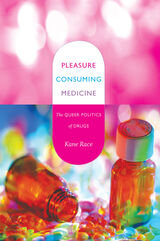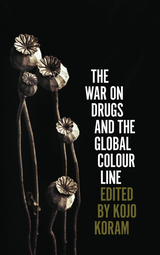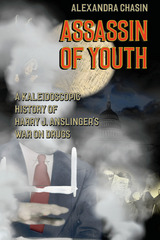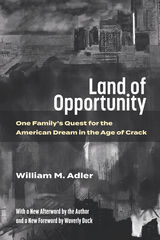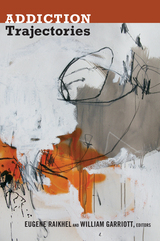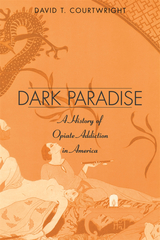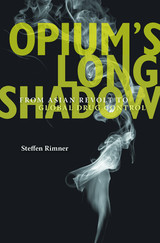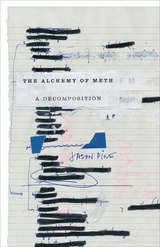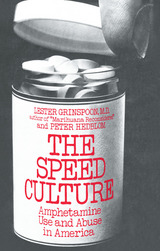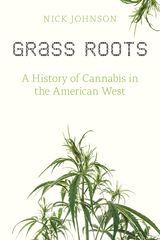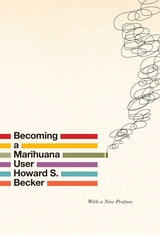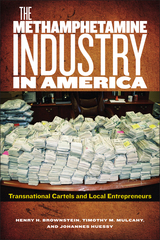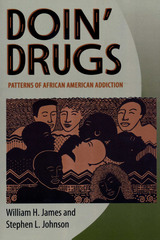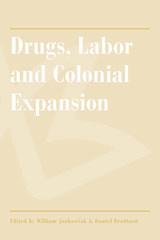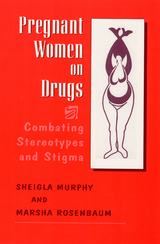Cloth: 978-0-674-83192-6 | Paper: 978-0-674-83194-0
Library of Congress Classification HV5822.A5G75
Dewey Decimal Classification 362.293
Speed kills—this fading bumper-sticker pun recalls the romance between the counterculture and amphetamines. But America's real involvement with "speed" began far earlier, and has endured in spite of the disasters of counterculture experimentation.
Amphetamines continue to be respectable drugs for all classes and all ages—even, increasingly, schoolchildren. Unlike alcohol, marihuana, opium, and cocaine—the other "recreational" drugs—amphetamine and its relatives have no natural source or long cultural tradition. They are entirely a product of modern laboratories. Available for less than forty years, during most of their history they have borne the stamp of official scientific and medical approval. Their deleterious effects—including severe habituation—have only slowly been recognized, and today there is still a sizable constituency favoring their use in so-called hyperkinetic children as well as in obese and depressed adults.
Lester Grinspoon, author of Marihuana Reconsidered, and Peter Hedblom have taken a hard look at the amphetamines and their effects on man. They explore the social forces that favor use of these substances: drug-company profits, medical convenience, and user acceptance. And they analyze evidence showing that amphetamines are dangerous and unnecessary drugs, perhaps even when prescribed by physicians. At a time when federal action against the illicit use of amphetamines is becoming more and more stringent, Grinspoon and Hedblom find that pressures to expand their "legitimate" use remain intense, however questionable the results. They illustrate explicit efforts to expand the use of such drugs through advertisements implying "that human life itself is a drug-deficiency disease." And they explore the more pervasive and subtler cultural pressures for conformity to an impossible ideal of physical and intellectual vigor, industriousness, and efficiency—an ideal that amphetamines once seemed to put in the reach of every man.
See other books on: Abuse | America | Grinspoon, Lester | Medical | United States
See other titles from Harvard University Press
